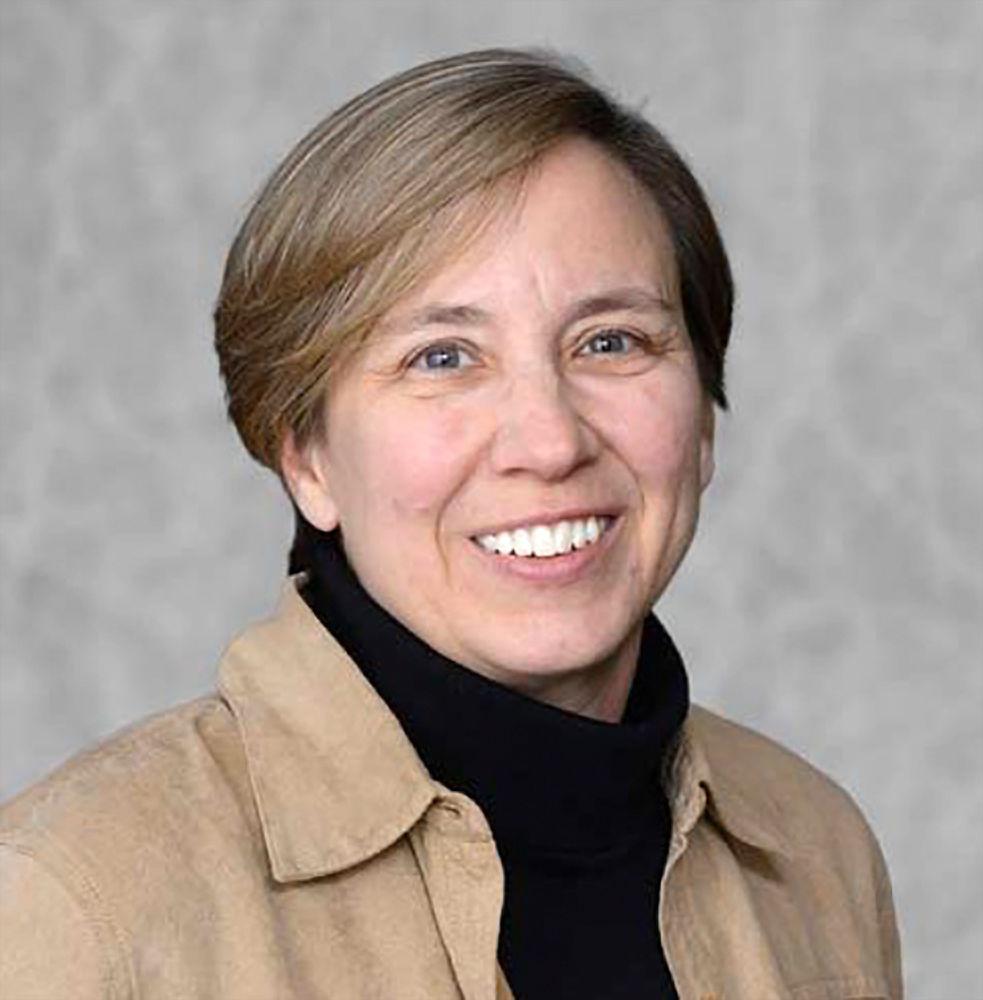The Howard Hughes Medical Institute has selected NC State as one of 33 universities chosen in 2018, to participate in an Inclusive Excellence Initiative. The initiative aims to “catalyze schools’ efforts to engage all students in science ─ regardless of background,” according to the HHMI website.
David Asai, senior director of science education at HHMI, said in an email that the Inclusive Excellence Initiative will award $1 million five-year grants to schools to help them achieve goals and focusing on bettering STEM programs in higher education.
“The grants are intended to support activities that are aimed at catalyzing real change on the campuses,” Asai said. “Real change in terms of how the school does business — e.g., how the faculty teach, what the faculty teach, how the curriculum is organized, how the other parts of the campus contribute — so that, together, the school can increase its capacity for inclusion of all students, especially those students who come to college via non-traditional paths.”
HHMI received more than 600 proposals from schools across the nation, of which 57 were selected to take part in the initiative, including NC State.
“NC State’s proposal focused on the importance of fully including students who transfer to four-year institutions from community colleges,” Asai said. “NC State will emphasize advising and curriculum alignment. In particular, NC State will create many new opportunities for undergraduates to engage in authentic discovery-based research.”
NC State’s grant proposal was written in part by Jane Lubischer, assistant director in the department of biological sciences and the director for the life sciences first year program.
“So, our focus is on creating a change in how NC State helps support new students at the university, with a focus on transfer students,” Lubischer said. “But also to build on what we’ve been doing for our freshmen. Other parts of the grant have to do with … a number of outreach efforts that are going to start with Wake Tech Community College, because that’s the single largest source of our students, but that will hopefully spread to all NC community colleges so that we can start to work with future NC State students before they even start.”
Meredith Spence-Beaulieu, a fifth-year Ph.D. student studying entomology and the student body vice president, said she is excited to see what NC State can achieve through the aid of HHMI and the grant money.
“I read into it and I am very excited,” Spence-Beaulieu said. “Something I think is really exciting is that the initiative is promoting inclusion for non-traditional students and students from underrepresented populations in a way that they’re not trying to help them adapt to the existing culture but rather they’re working towards figuring out ways for making higher education more inclusive in general.”
According to Asai, the Inclusive Excellence Initiative will be viewed as local experiments focusing on inclusion and diversity on college campuses.
“We think of the entire initiative as 57 local experiments in which each school is exploring ways to significantly and permanently improve its capacity for inclusion,” Asai said. “We hope to learn from the 57 experiments and share the outcomes and lessons with the much larger higher education community.
Although geared toward inclusion in STEM education, Asai hopes that the Inclusive Excellence Initiative inspires students in all disciplines to work toward making sure that all students feel accepted at their higher education institution.
“…I think each person on your campus — every student, every instructor, every administrator, every member of the staff — should think on a daily basis how you can make NC State a more inclusive place, a place that values everyone and expects everyone to be successful,” Asai said.
Spence-Beaulieu, whose platform when running for student body vice president included a heavy focus on diversity initiatives on campus, is looking forward to see how the HHMI initiative will help NC State.
“I think it’s wonderful,” Spence-Beaulieu said. “I’m really excited NC State was selected. I think it’s going to be a good step forward to a truly equitable STEM education at NC State.”








